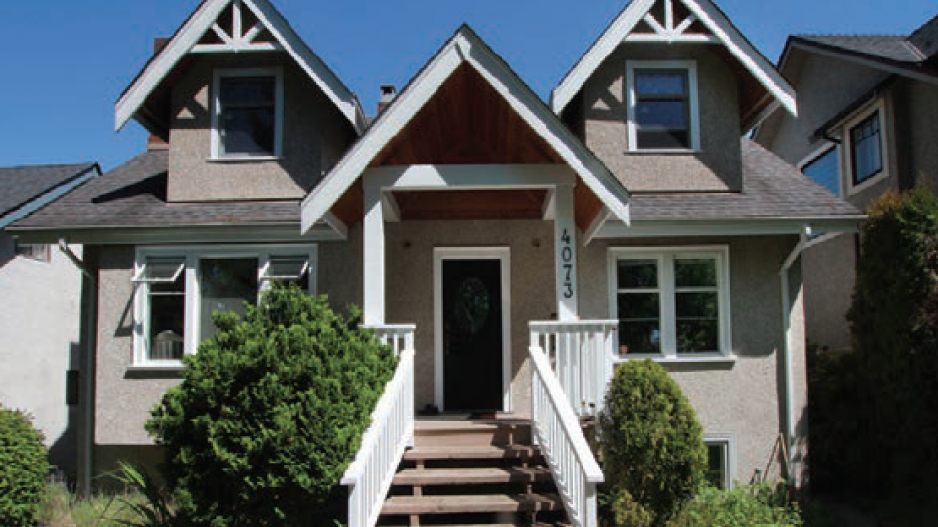A measure designed to cool Vancouver and Toronto’s heated housing markets won’t have any effect on the “high end” of the Vancouver market — which now includes modest detached family homes — even as the United States Federal Reserve’s expected interest rate hike will likely make Vancouver real estate even more attractive to investor buyers.
On December 11, Finance Minister Bill Morneau announced that the minimum down payment for a $500,000 home will remain at 5% but an additional 10% down payment will apply to anything beyond that.
Properties valued more than $1 million already require a minimum down payment of 20% while lenders are required to obtain mortgage insurance when the down payment is less than 20%.
“It won’t cool a hot market but it will keep it from boiling over,” said Chris Catliff, CEO of BlueShore Financial Credit Union.
Currently, Catliff said, the Vancouver market is effectively divided into two markets: the high-end market, which he said is fuelled by foreign buyers, and the “normal” market. Home prices in the high-end market, mostly made up of single family homes in certain Metro Vancouver neighbourhoods, saw a 25.9% price increase this year.
Catliff believes the new policy will slow down the non-high-end market. He predicted heated activity in January as homebuyers rush to make purchases before the new rules come into effect in February. He noted that the policy is targeted to the pricy Vancouver and Toronto markets: in most other markets in Canada, first-time homebuyers would be purchasing far below the $500,000 threshold.
Meanwhile, an expected interest rate increase from the U.S. Federal Reserve this Wednesday will put downward pressure on Canada’s dollar. That will have the effect of making Canadian real estate more attractive to American and Chinese buyers, said Thomas Davidoff, professor of economics at the University of British Columbia’s Sauder School of Business.
“This will probably make the yuan more expensive relative to the loonie, which will make it cheaper for Chinese investors, who are an important block here,” Davidoff said.
“If they’re thinking about buying real estate in the U.S., the yuan weakens relative to the dollar in the US… so if your choice is Dallas or Vancouver I suspect Vancouver becomes more attractive.”
First-time homebuyers are financing Vancouver’s incredibly expensive homes by relying on equity-rich parents and delaying home purchases until later in life, Catliff said. Incomes have also been rising in the region: in 2013, Vancouver’s median family income rose to $73,390 from $71,140, but still tracked below the national average of $76,550.
- with files from Tyler Orton
@jenstden




